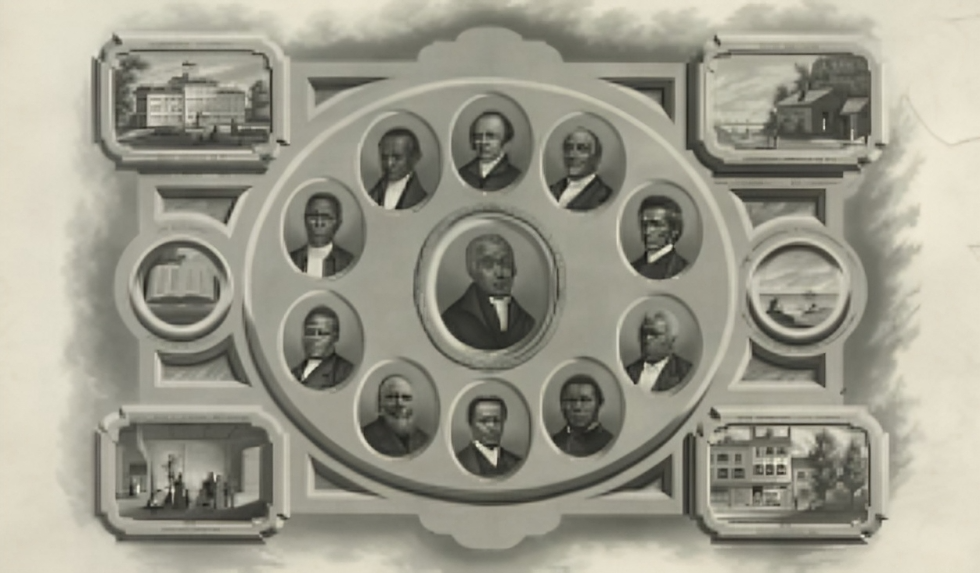
Pulled from their knees during prayer in 1787, African Americans left their Philadelphia church, St. George’s Methodist Episcopal, formed the Free African Society, and began the formation of churches of their own, including the African Methodist Episcopal Church under Richard Allen and the African Episcopal Church of St. Thomas under Absalom Jones. Both leaders became civil rights advocates as well as ministers. African American preachers and churches would often be in the vanguard of the quest for civil rights from this period through the civil rights struggle of the 1960s.
Boston J. H. Daniels was a notable figure in the African Methodist Episcopal (A.M.E.) Church during the late 19th century. Born around 1832, Daniels was an influential bishop in the A.M.E. Church. His tenure as a bishop is often associated with significant developments within the church.
He was a delegate to several church conferences and was known for his strong leadership and commitment to expanding the A.M.E. Church’s reach and influence. Daniels was instrumental in promoting educational and social initiatives within the church and was a key figure in the church’s efforts to strengthen its presence in various communities.
The A.M.E. Church, founded in 1816 by Richard Allen, had a mission of providing a spiritual home for African Americans and advocating for their social and economic upliftment. Bishops like Daniels played crucial roles in advancing these goals and ensuring the church’s growth and impact during their tenures.
Daniels’ contributions were significant during his time, and he is remembered as a pivotal leader in the history of the A.M.E. Church.